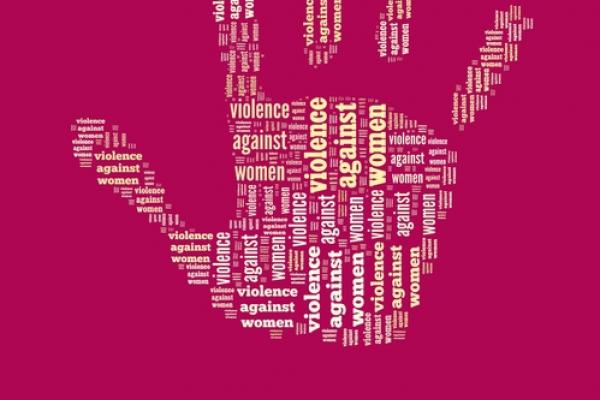 When you hold a woman’s trembling hand as a nurse collects evidence from her brutal rape, it doesn’t much matter her sexual preference, ethnicity or legal status. When you sit behind a desk in Washington, D.C., apparently it does.
When you hold a woman’s trembling hand as a nurse collects evidence from her brutal rape, it doesn’t much matter her sexual preference, ethnicity or legal status. When you sit behind a desk in Washington, D.C., apparently it does.
The House of Representatives passed on Wednesday a version of the Violence Against Women Act that would limit protections to immigrant, LGBT and American Indian abuse victims. House Republicans argue that Democrats are politicizing a non-issue, but stating fact is not partisan politics.
The new version of the bill not only deletes new protections that received bipartisan support in the Senate, but also eliminates ones that existed in previous versions of the Act. For instance, the new version could make it more difficult for immigrants married to abusive U.S. citizens to come forward for fear of losing their residency.
Let’s talk about what VAWA does.
When I lived in Texas, I was a rape crisis advocate. I manned the emergency hotline and was called to the hospital to sit with rape survivors, talk them through the medical and legal process and advocate on their behalf to make sure they received the proper care and information.
VAWA funding made sure these (primarily) women had clothes to wear home from the hospital since theirs had to be collected for evidence. It went toward training the sexual assault nurse examiner to do simple things like ask permission before touching a rape survivor. It made sure the first responders knew what (and how) to ask, so they could catch the perpetrator.
When I moved to St. Louis, I became a domestic violence advocate. When women called into the hotline, I directed them to housing resources and talked them through the process of getting orders of protection.
VAWA funding made sure a victim had a place to go when finally summoning the courage to leave the abuser. The money provided training, education and advocacy for all victims of intimate partner violence.
One of the biggest hindrances to preventing violence against women is underreporting. Survivors have to weigh real life-and-death scenarios — not to mention emotional and psychological — when deciding to come forward. It’s not easy to let strangers access the most intimate details of your life, your past, your body, and have them be dissected in order to have justice.
Now think about that prospect with the added threat of deportation. Or with the possibility of being denied help. Or being told your abuser won’t be prosecuted because of where you live.
When you live with the stories, when you see how easy it can be to get lost in process, when you watch the system fail—you cannot imagine telling some women they’re not worth the protection.
Sandi Villarreal is Associate Web Editor for Sojourners.
Stop Violence Against Women word cloud, mypokcik / Shutterstock.com
Got something to say about what you're reading? We value your feedback!
